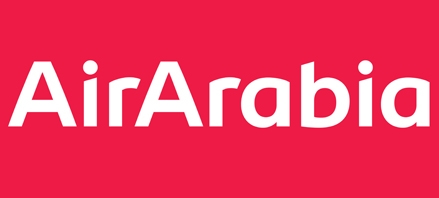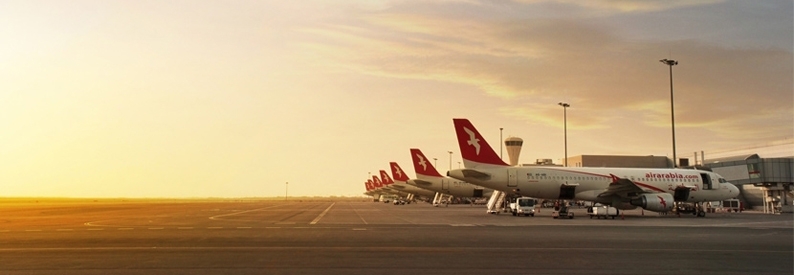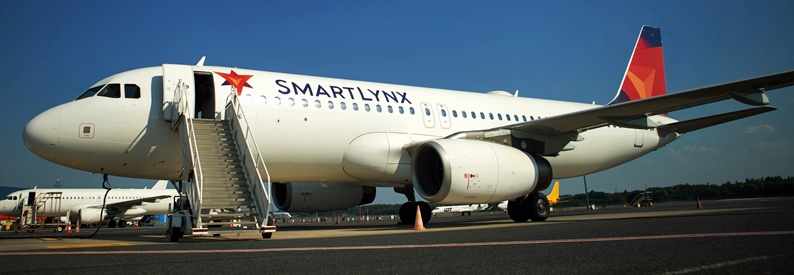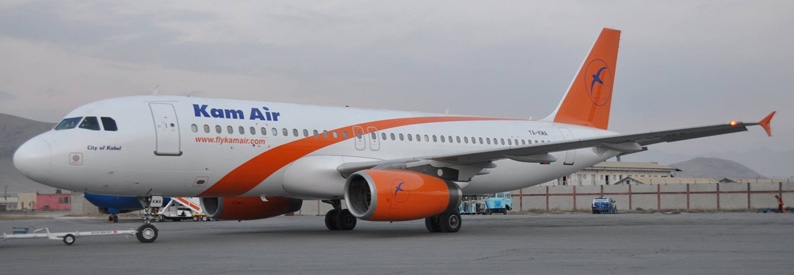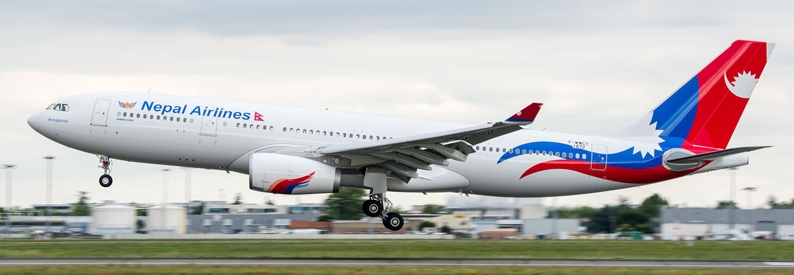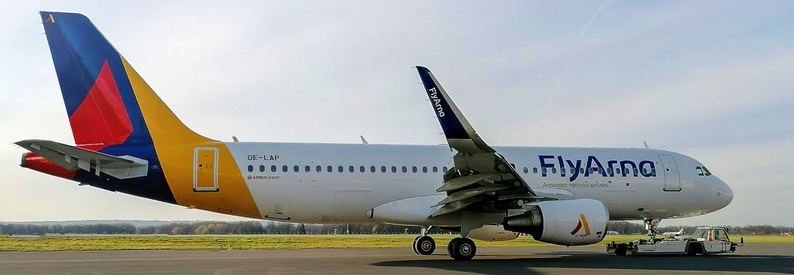Air Arabia (G9, Sharjah) CEO, Adel Ali, has pointed to the under-served, underexploited West African market as his airline's next point of focus. He made the announcement during the recent 2013 Dubai Airfinance Conference. In its drive to expand its influence south of the Sahara, Air Arabia will likely position its Moroccan subsidiary, Air Arabia Maroc (3O, Casablanca Mohammed V) to leverage the Morocco/European Union Open Skies agreement to tap into the vast West-African Diaspora market which sees a strong presence in France, Italy, Spain and the United Kingdom. As it stands, flights between Europe and West Africa are at present dominated by full-service European and MENA carriers as well as Kenya Airways (KQ, Nairobi Jomo Kenyatta), Ethiopian Airlines (ET, Addis Ababa International) and Royal Air Maroc (AT, Casablanca Mohammed V). However, access to the West African nations themselves will involve Air Arabia Maroc being accorded traffic rights as per the terms of Morocco's various Bilateral Air Service Agreements. In its recent 4Q 2012 overview of operations, Air Arabia bemoaned the "monopolies" on African skies that were holding back private carriers from developing new markets and noted that its Moroccan subsidiary, in which it owns a 41% stake with the rest owned by Moroccan investors, was actively pursuing West African traffic rights but did not stipulate which, if any, had so far been secured. Tunisair (TU, Tunis), Air Algérie (AH, Algiers) and Libya's Afriqiyah Airways (8U, Tripoli Mitiga) have all outlined ambitions to launch services into the region while prior to its recent political and subsequent economic troubles, EgyptAir (MS, Cairo International) had mulled the establishment of a West African subsidiary with the now defunct CiTylinK (Accra), which would have been based out of Accra. These plans however appear to have now been put on hold.
Air Arabia looks to West African market for expansion
Fleet of Air Arabia,
© Air Arabia
